26 political parties will compete in Turkey’s upcoming general election
Turkey’s election board (YSK) head Ahmet Yener has announced that 26 political parties submitted their lists of deputy candidates for the May 14 general election. Each party in the ruling People’s Alliance submitted their own lists, whereas the main opposition Nation Alliance will compete in the election under CHP and İYİ Party lists.
Duvar English
26 Turkish political parties have submitted their lists of deputy candidates for the May 14 general election, the Supreme Election Council (YSK) president Ahmet Yener announced on April 9.
Yener said that the YSK will examine whether the political parties submitting their lists fulfill the conditions according to the Law on Parliamentary Elections until April 11. The YSK will release the final lists on April 19 after completing the examination.
Accordingly, the parties of the ruling People’s Alliance submitted their own lists, including Justice and Development Party (AKP), Nationalist Movement Party (MHP), Great Unity Party (BBP) and New Welfare Party (YRP).
Meanwhile, four parties in the main opposition Nation Alliance will not be displayed on the ballot paper. Felicity Party, Democrat Party, Democracy and Progress Party (DEVA) and Future Party nominated candidates under the main opposition Republican People’s Party (CHP) list. İYİ (Good) Party also submitted its own list but did not nominate any candidate in nine provinces in coordination with the CHP. In this regard, the CHP did not nominate any candidate in seven provinces out of 81.
Competing under a joint list within an alliance is regarded as more advantageous in Turkey’s d’Hondt electoral method.
On the other hand, five parties of the leftist Labor and Freedom Alliance nominated deputy candidates under the Green Left Party (HDP’s new party), while the Workers' Party of Turkey (TİP) submitted its list for 49 provinces.
The ruling People’s Alliance
Until the last moment, it was a matter of curiosity whether the People’s Alliance parties would agree on a joint list under the ruling AKP as it might increase the total number of seats in the parliament under the d’Hondt system.
However, each party in the alliance decided to compete in the May 14 general election with their own logos and lists.
On the other hand, the AKP nominated four candidates from the radical Islamist Free Cause Party (HÜDA-PAR) and three from the Democratic Left Party (DSP).
104 of the current deputies were included on the AKP’s candidate list whereas 181 of them were not. Moreover, 65 deputies, including top executives such as Binali Yıldırım, Mehmet Özhaseki, Nurettin Canikli, Ali İhsan Yavuz, Bülent Turan, were not nominated due to the three-term rule of the party. The AKP currently has 285 seats in the parliament.
The AKP’s list in more than 35 provinces have completely changed. It included 487 male and 113 female candidates.
Moreover, all ministers except Health Minister Fahrettin Koca, and Culture and Tourism Minister Mehmet Nuri Ersoy were nominated on top of their electoral region. Koca and Ersoy were not included by their own will. Erdoğan is expected to radically change the cabinet should he assume power once again.
The AKP did not nominate Hatay Governor Rahmi Doğan who resigned from his post to be a candidate for deputy nomination. He was widely criticized for his “failure” and “incompetence” to effectively manage post-quake efforts.
The main opposition Nation Alliance
The main opposition bloc will enter the May 14 parliamentary election under the Republican People’s Party (CHP) and Good (İYİ) Party lists. The other four parties, Felicity Party, Democrat Party, Democracy and Progress Party (DEVA), and Future Party, nominated 71 deputy candidates from the main opposition CHP list. Moreover, the CHP nominated a total of 76 candidates from five parties.
11 candidates of DEVA Party, 11 candidates of Future Party, eight candidates of Felicity Party and three candidates of Democrat Party are expected to be elected as deputies, Nergis Demirkaya from Gazete Duvar reported.
The CHP did not nominate any candidate in seven provinces out of 81 in coordination with the İYİ Party. The İYİ Party did not nominate any candidate in nine provinces either in a move to secure the absolute majority (360 out of 600) in the parliament as an alliance.
DEVA Party’s candidates who took part in the CHP list included AKP’s former Justice Minister Sadullah Ergin.
In a surprise move, the İYİ Party nominated AKP’s former Interior Minister İdris Naim Şahin in their list.
The leftist Labor and Freedom Alliance
Turkey’s leftist Labor and Freedom Alliance consists of the Labor Party (EMEP), the Workers' Movement Party (EHP), the Social Freedom Party (TÖP), the Federation of Socialist Assemblies (SMF), the Workers' Party of Turkey (TİP), and the Peoples’ Democratic Party (HDP).
However, the HDP will run in the election under the umbrella of the Green Left Party since it faces the risk of being closed down with just days left until the elections.
The HDP did not nominate 33 of its current MPs under the Green Left Party list mostly due to its two-term limit, including Turkish-Armenian Garo Paylan. Two-term limit was not applied for co-chairs Pervin Buldan and Mithat Sancar, and Berdan Öztürk, Meral Danış Beştaş, Sezai Temelli, Saruhan Oluç.
The party also nominated prominent journalists Hasan Cemal and Cengiz Çandar in the list.
The TİP decided to nominate candidates in 49 provinces in a move against forming a joint list as an alliance. However, it might seek to garner at least three percent of the votes to be able to receive Treasury financial aid.
Other parties in the election will run under the Green Left Party list.
On the other hand, the CHP-breakaway Homeland (Memleket) Party and far-right Victory (Zafer) Party also submitted their lists to the YSK.
Other parties on ballot are not expected to receive single-digit percentage of votes.
The parliamentary election will be held together with the presidential election on May 14 in a historic year as 2023 marks the 100th anniversary of the Republic of Turkey.

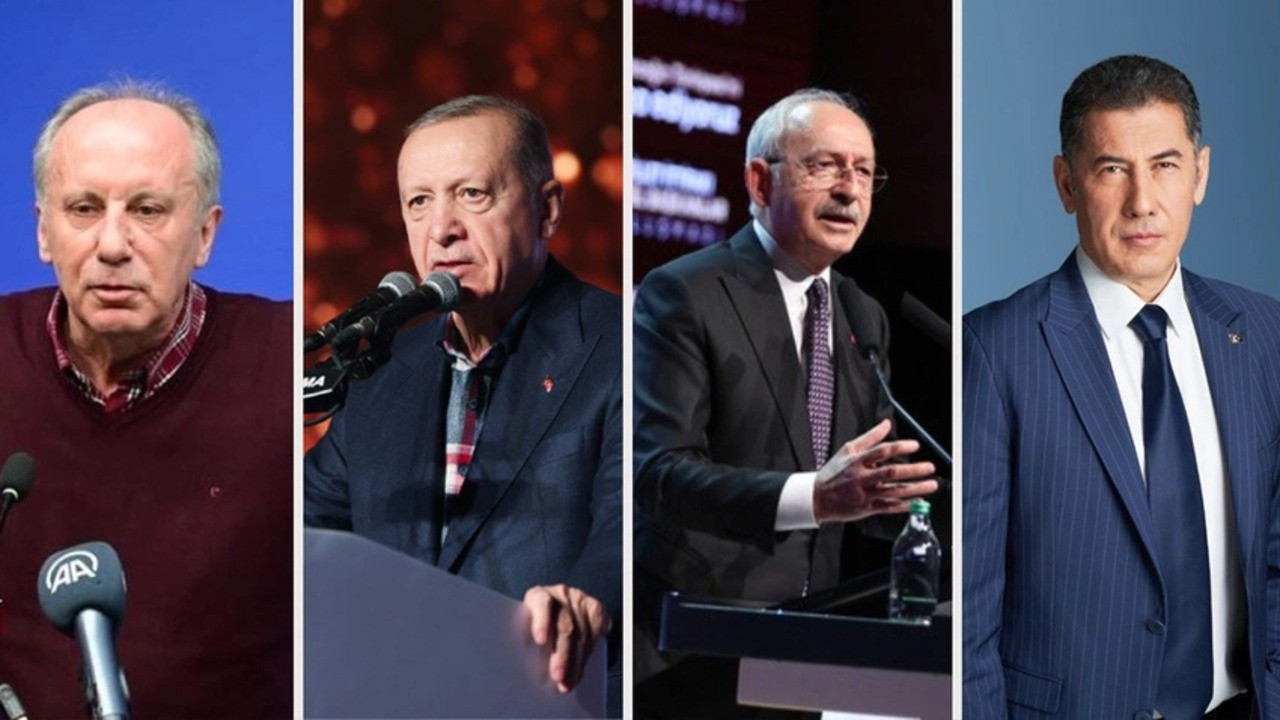 Four candidates officially running in Turkey’s 2023 presidential electionsPolitics
Four candidates officially running in Turkey’s 2023 presidential electionsPolitics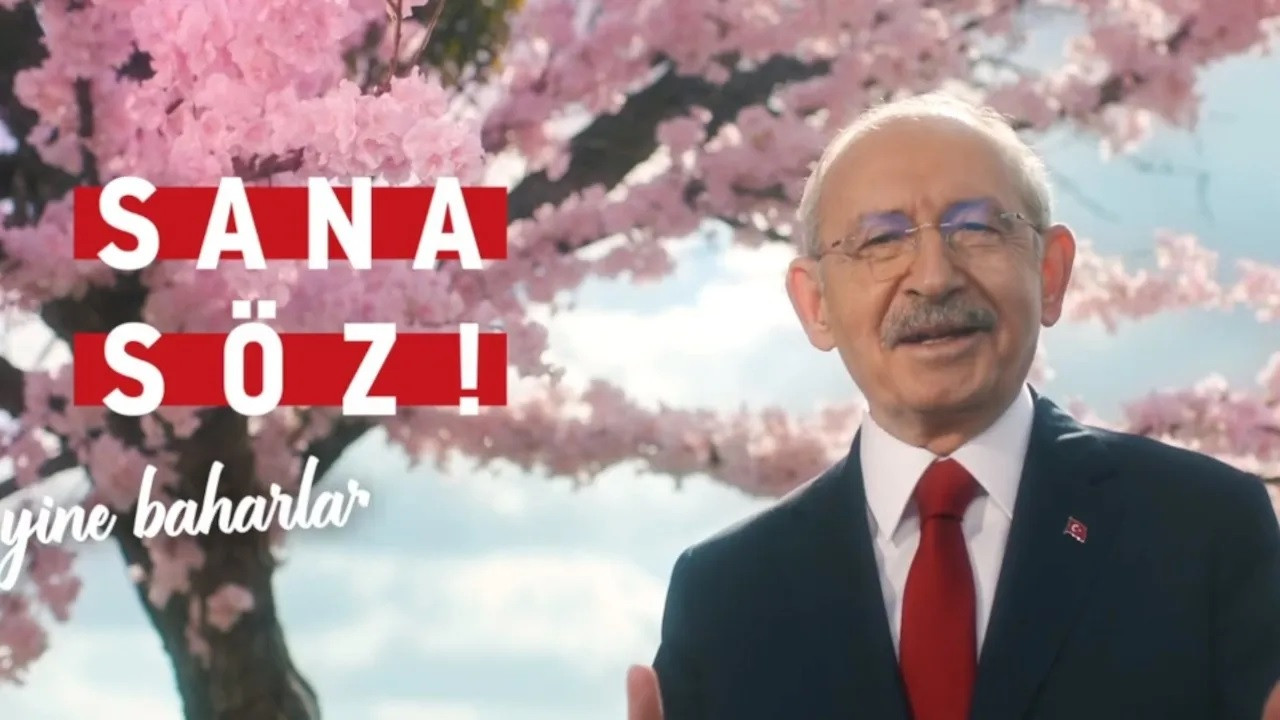 Kılıçdaroğlu launches his election campaign: ‘Spring will come again’Politics
Kılıçdaroğlu launches his election campaign: ‘Spring will come again’Politics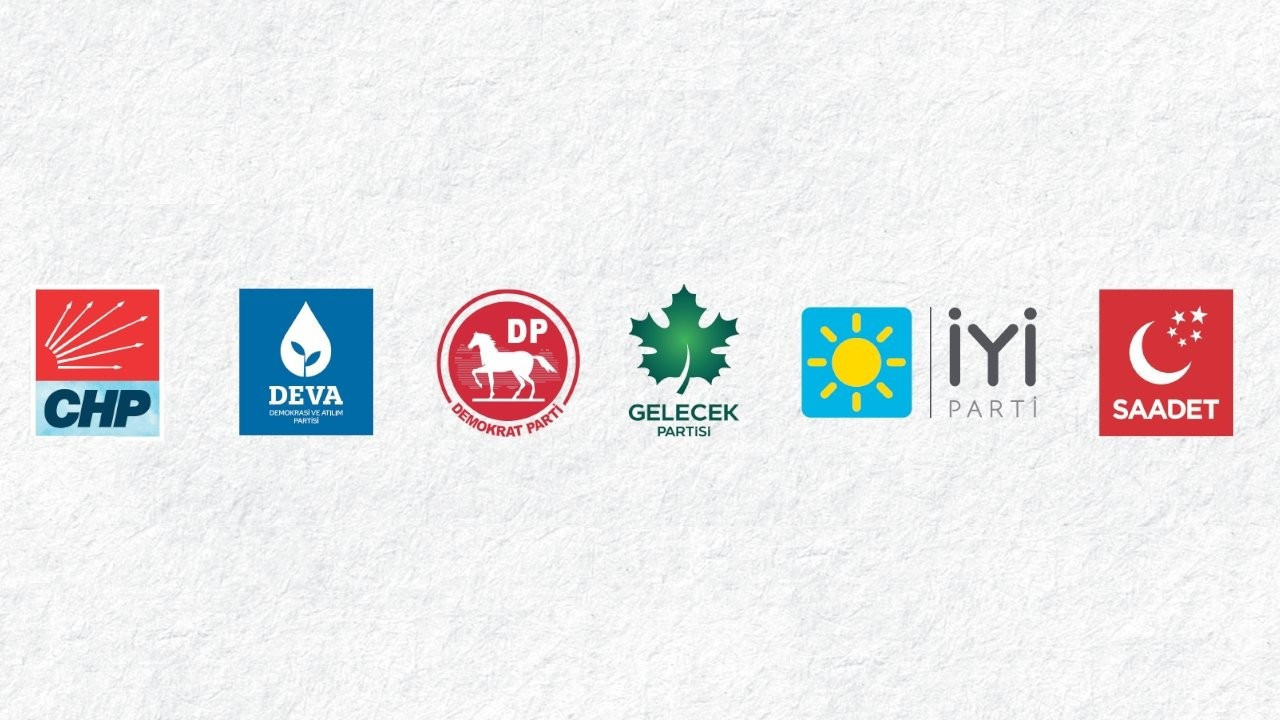 Turkish opposition Nation Alliance to enter elections under two partiesPolitics
Turkish opposition Nation Alliance to enter elections under two partiesPolitics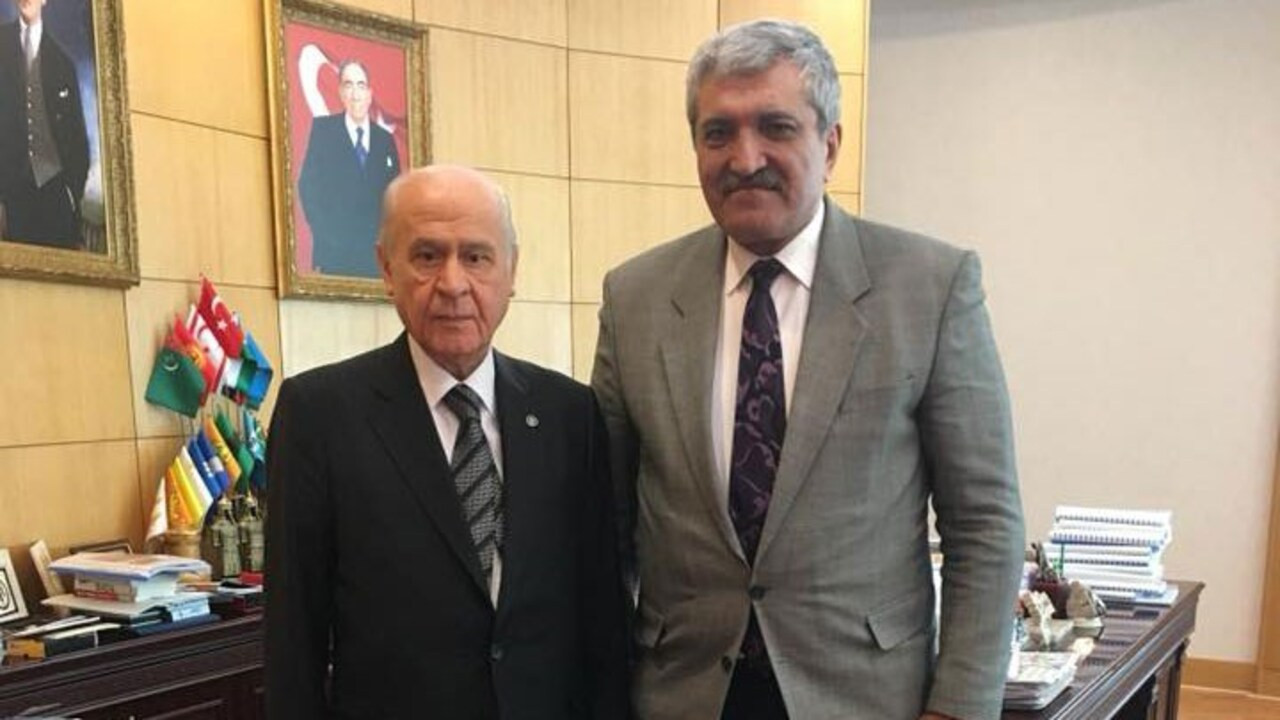 Turkish prosecutor's killer becomes far-right MHP’s MP candidatePolitics
Turkish prosecutor's killer becomes far-right MHP’s MP candidatePolitics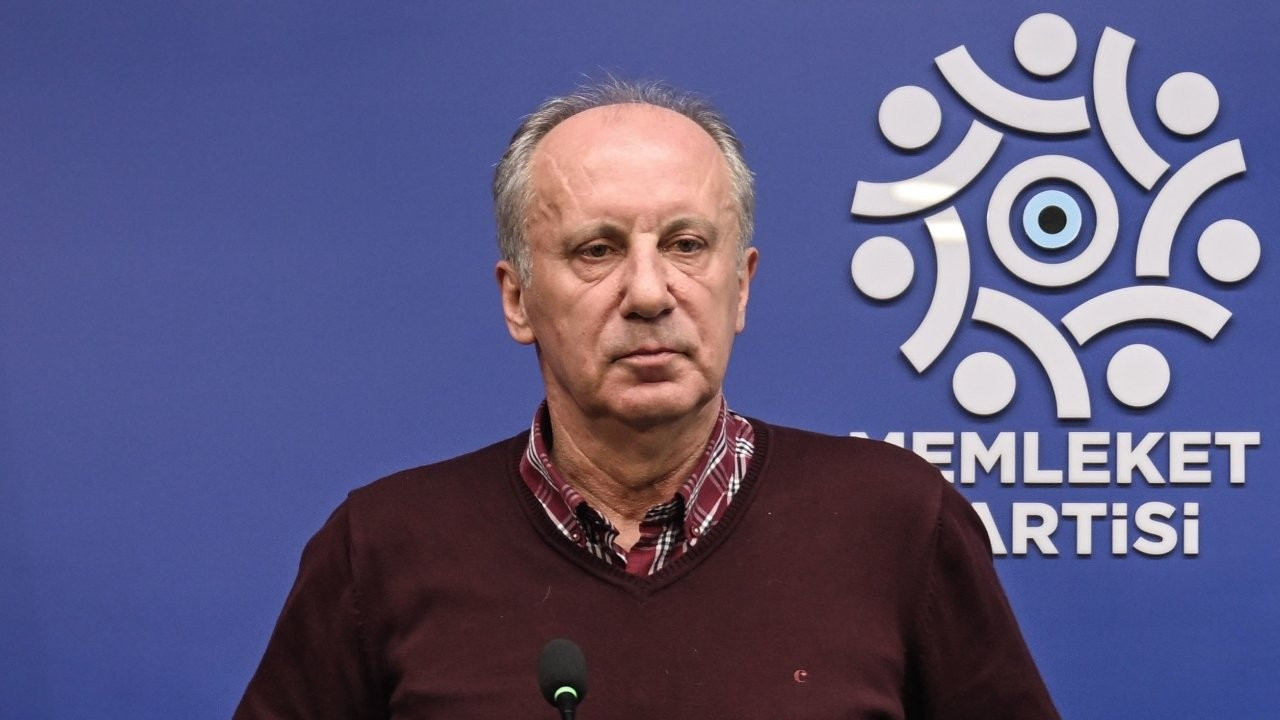 Turkish presidential candidate İnce: I would win in first round if voting age was 15Politics
Turkish presidential candidate İnce: I would win in first round if voting age was 15Politics